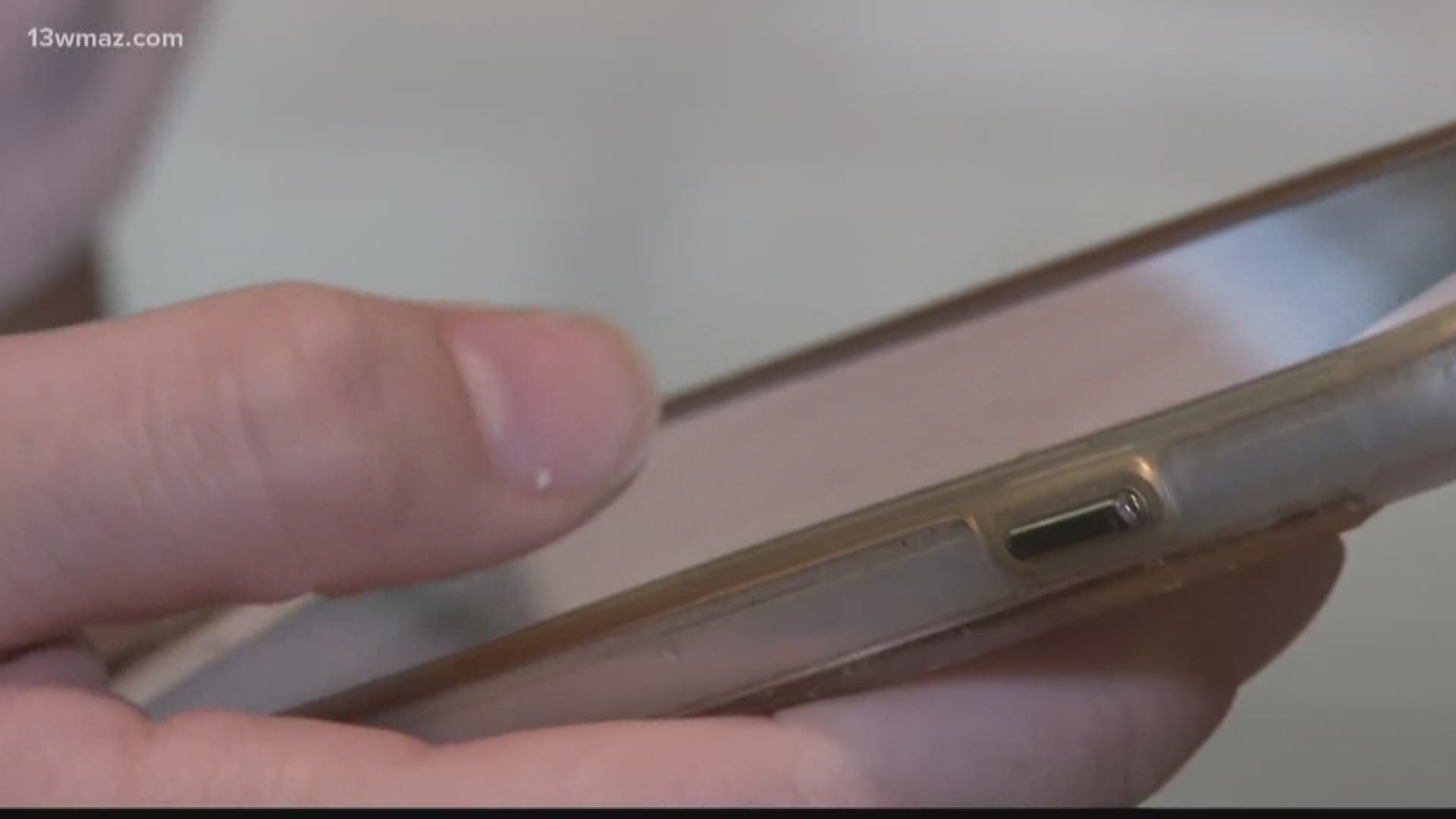The Sarasota County Sheriff's Office in Florida released a list of apps predators can use to target children.
It's made up of potentially dangerous apps which are primarily used to chat with people online, share videos, pictures, your location, and they have very limited privacy settings.
"I was probably at the age of seven," said Kailey Burress.
That's when 12-year-old Kailey Burress got her first phone, but it came with some restrictions from her mom, Dana.
"No social media, like she could text and call the end. No internet," said Dana.
Dana says eventually she let Kailey start using social media apps like Snapchat, and Instagram while still keep a close eye on the device.
"She has to ask me every time she adds someone, just so we can make sure that we are putting ourselves in the best situation. We don't have any random people. They all have to be friends, and I have to know them," said Dana.
Kailey's Instagram is actually on her mom's phone, so if any predators try to contact her, mom can step in.
"Everything else is her's to look at and to see what people comment, and to like her friends' post and all that," said Dana.
The Sarasota County Sheriff's Office in Florida says there are dangers lurking for teens with unlimited use of the internet, so they created a list of potentially dangerous apps.
Five of them are for online dating and share user locations: Badoo, Bumble, Grindr, MeetME, and Skout. These aren't meant for kids, but police say kids are still on there.
On Hot or Not, users rate profiles, but police say it's meant for hooking-up.
Then there's video apps like, Snapchat, Live.Me, TikTok, and Holla. These are popular with kids, but police say they are tools for cyber-bullying and sexting.
Messaging apps Kik and WhatsAPP, police say have unlimited access and few restrictions.
Kailey's mom may peep over her shoulder every now and then, but she says at least someone is looking out for her.
"Even though I am very careful with social media, I do believe sometimes that it might slip through, maybe I think it's one of my friends, and it won't be," said Kailey.
Police say that parents should know two things -- once a picture or video leaves your phone and is sent to someone else, it's out of your control, and someone can use that picture or video against you.
They also recommend parents and teens check out the website Netsmartz for some more guidelines to online safety.

